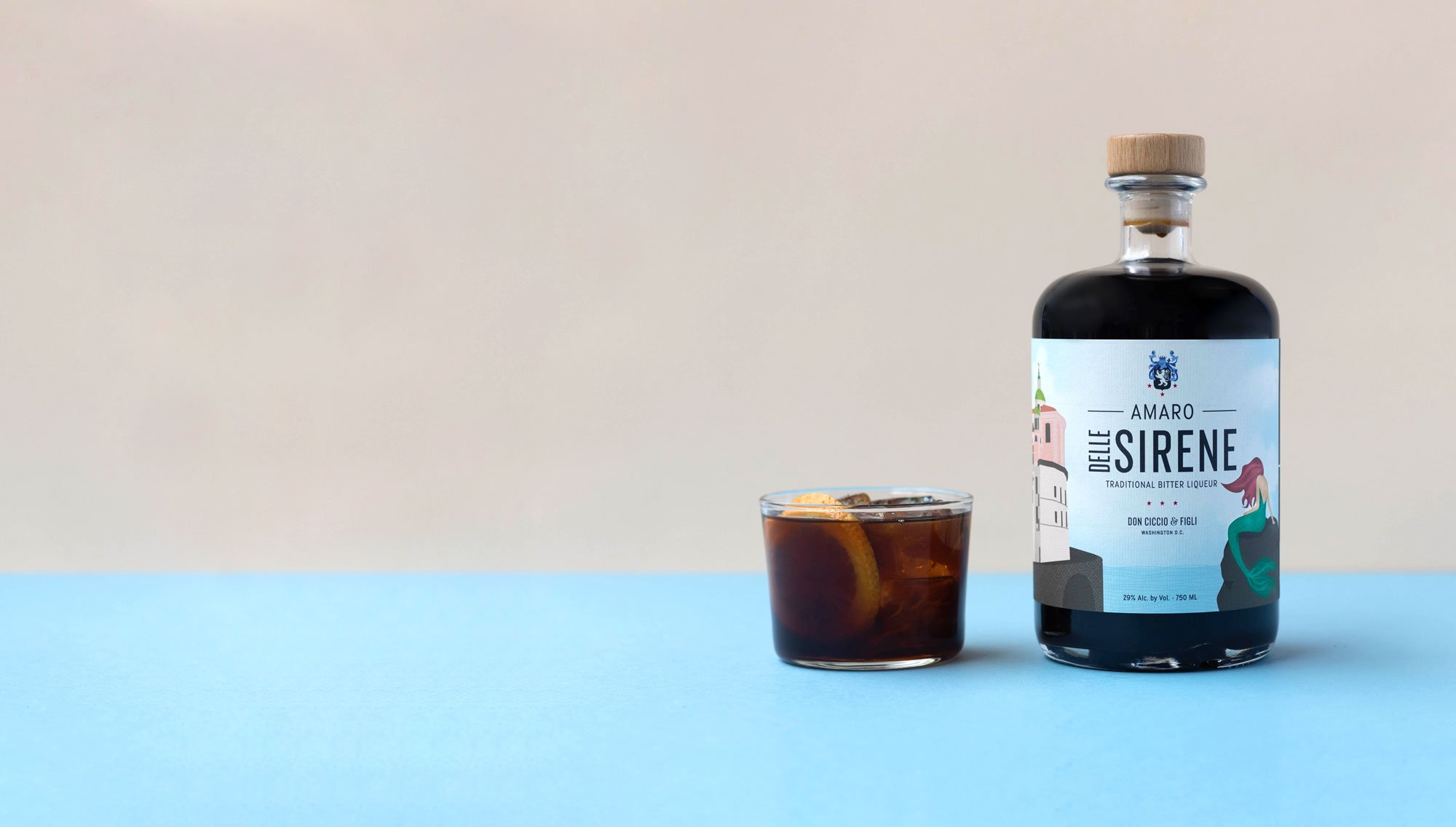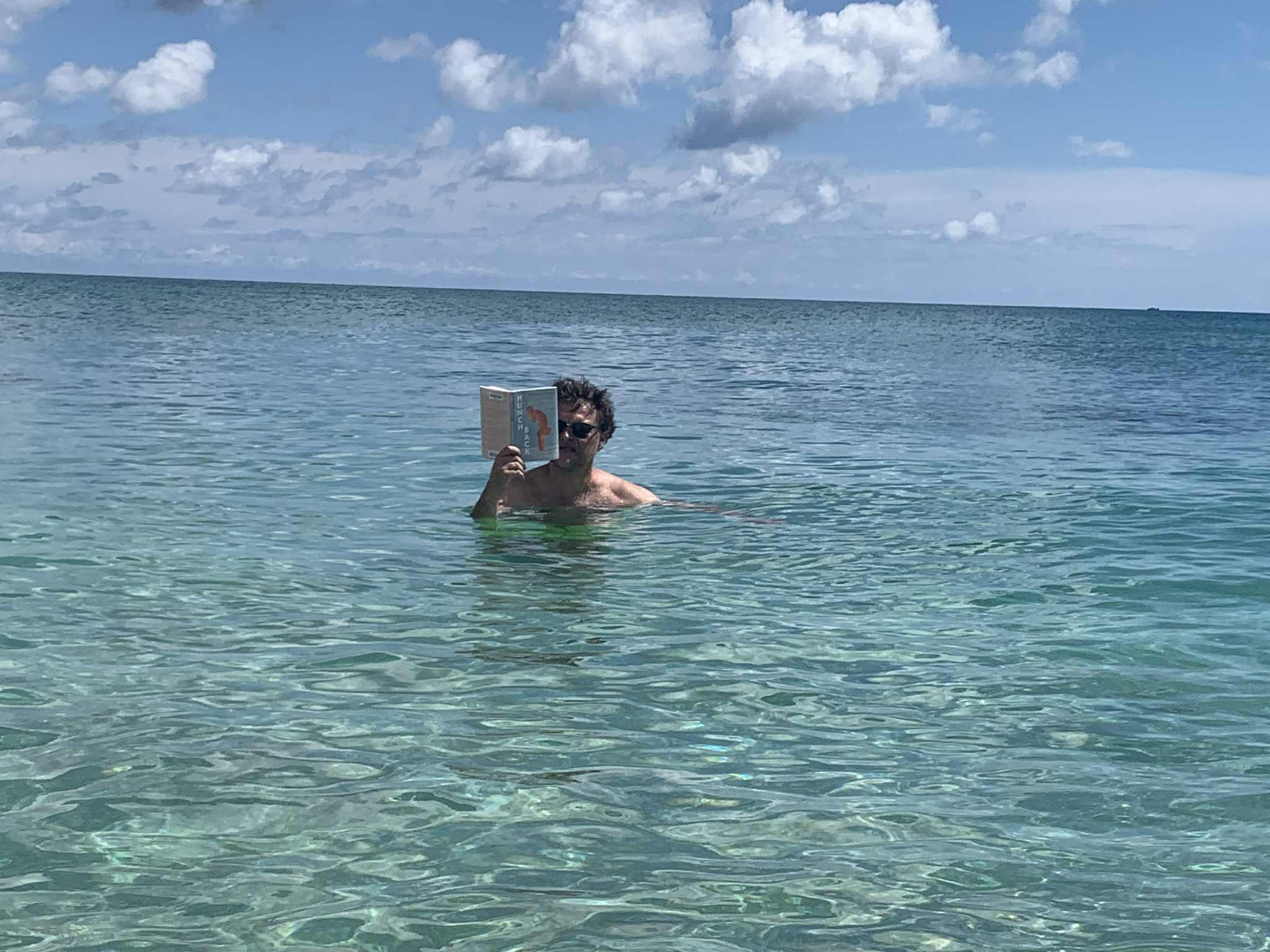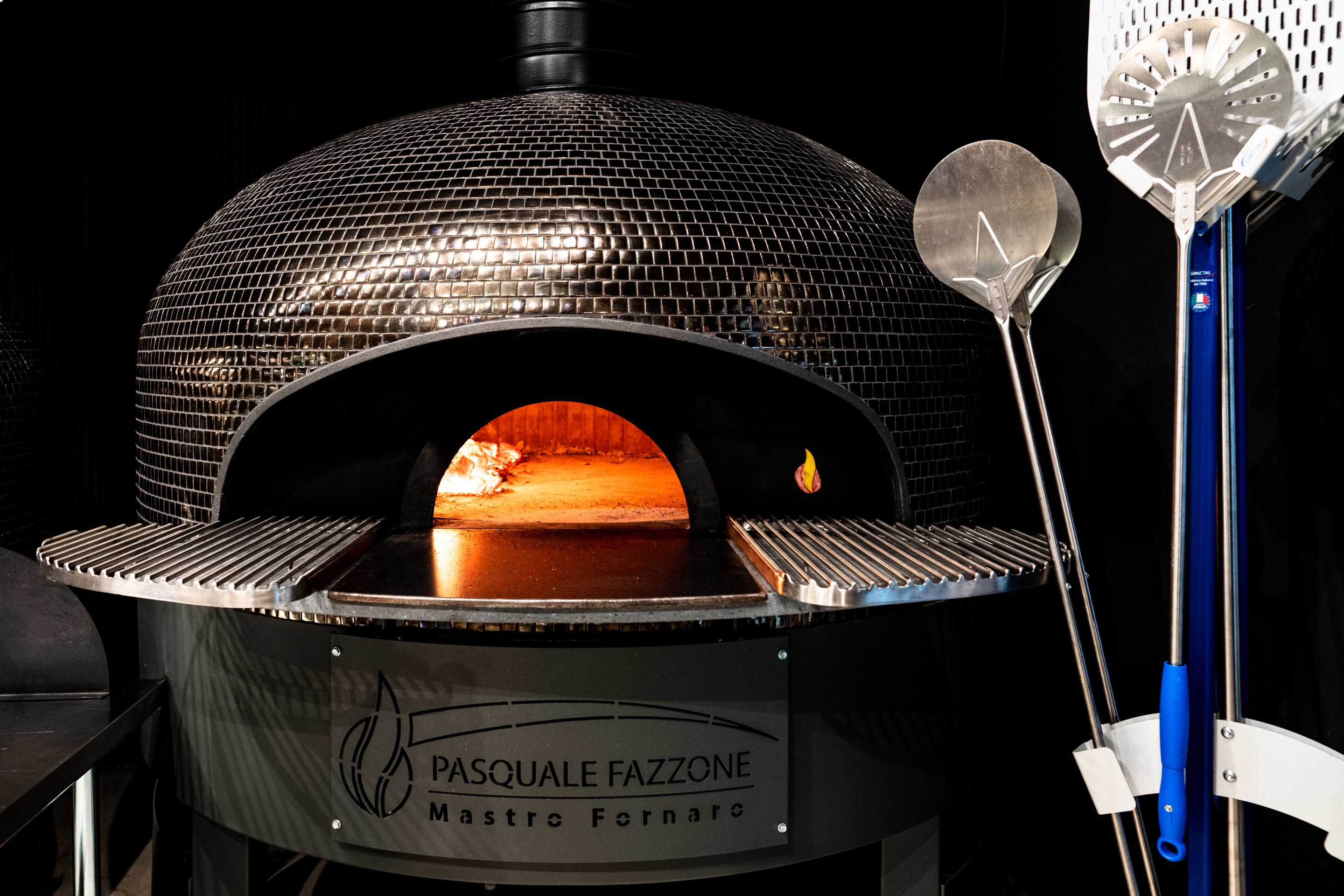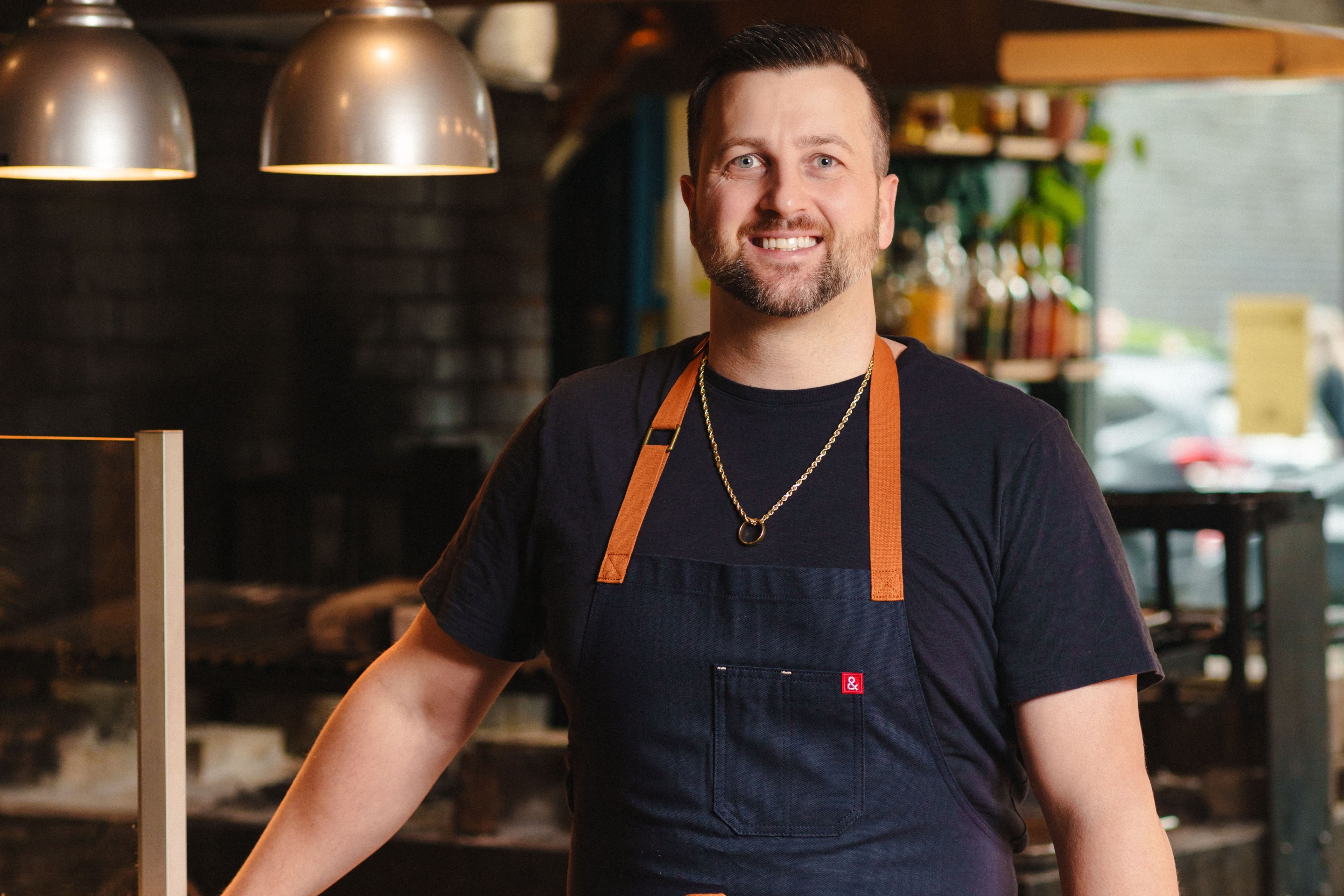Founder Francesco Amodeo discusses the wild ride of growing an Italian spirits brand, the company’s new flavors and why no-proof amaro isn’t in his future.
Don Ciccio & Figli is better positioned than most small American spirits brands to take advantage of the current infatuation with amaro. Francesco Amodeo started the company in 2012 in Washington, DC, drawing on a family lineage of Italian spirits makers from the Amalfi Coast that dates back to 1883.
When Amodeo launched, he focused on something Americans already loved—sweet cordials such as limoncello. Soon, Don Ciccio & Figli branched out into amari and aperitivi, targeting the craft cocktail market. Amodeo and his team developed such a variety of bitter, bold and sweet offerings that in 2020, they began to offer a “discovery kit,” with 15 50-milliliter sample bottles packaged in a box. The company, already experiencing steady growth, inadvertently created a retail hit, selling 10,000 of the kits for $55 each in 2020.
He says that Covid fueled the interest, allowing people to taste the different spirits at home rather than coming to the tasting room they opened in Washington DC’s Ivy City neighborhood before the pandemic. Amodeo adds that the kits continue to sell, somewhat to his chagrin. “It’s definitely no fun to fill five million mini-bottles,” he says with a laugh. But, he acknowledges, “It’s our top seller.”
The discovery kit does a neat job of capturing Amodeo’s hard work, yet it’s only one part of a growing portfolio that now includes 17 liqueurs and five bottled cocktails in the “Perla” collection, with negronis (classic and white), a spritz, a cherry Manhattan and a walnut Old Fashioned. What started as a small operation a little over a decade ago with 18 or 19 cases per batch now pumps out more than 400 cases per batch, he says.
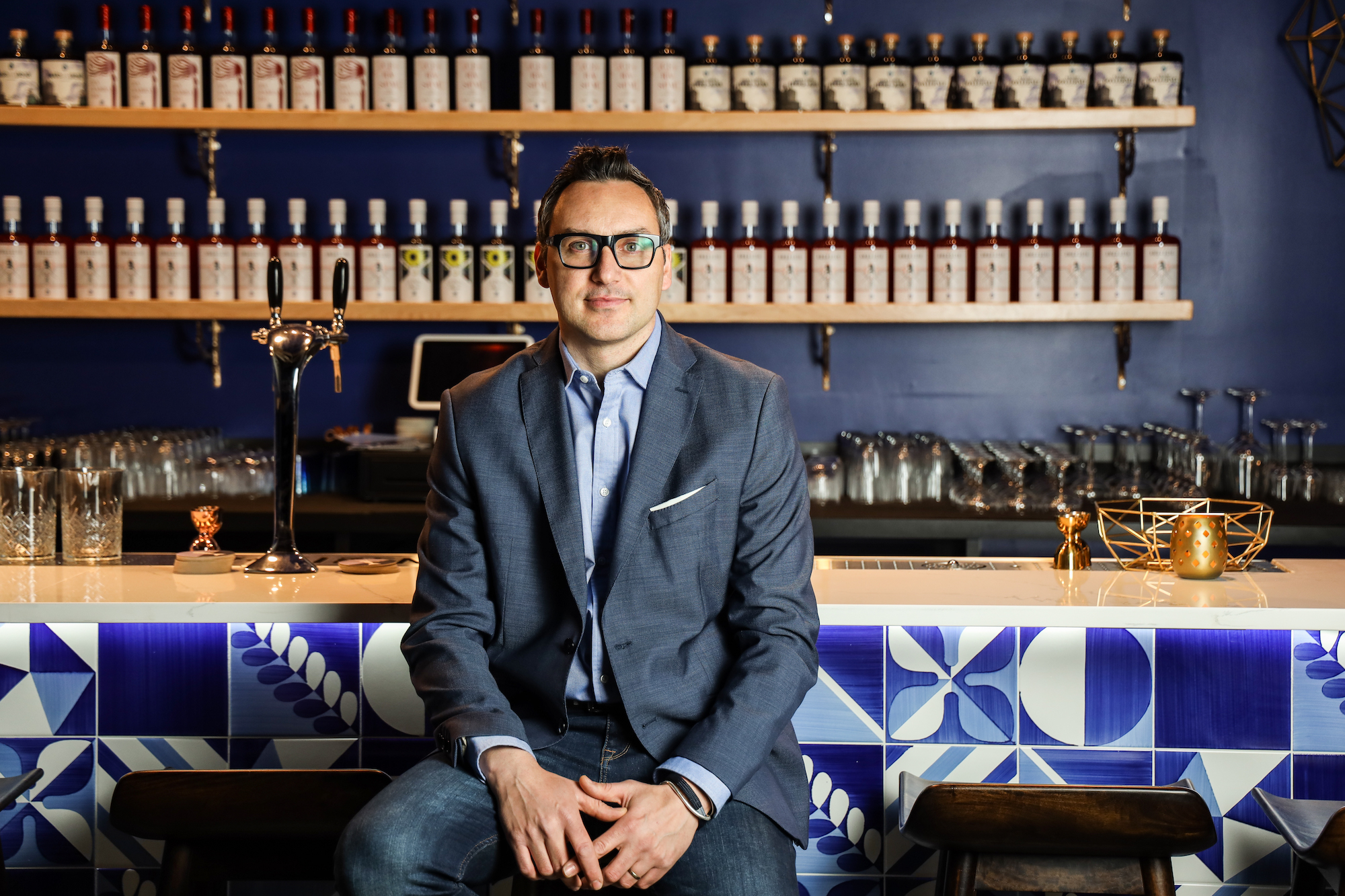
Imported Italian liqueurs continue to dominate the market, but Don Ciccio & Figli represents a new guard of U.S.-based amaro and batch cocktail makers focused on Italian bitter drinks such as the ever-popular Negroni. Brooklyn brands St. Agrestis and Forthave have followed in Amodeo’s footsteps, and many in-the-know bartenders carry these American-made, Italian-inspired spirits.
Amodeo says that the growing field is tied to Americans’ evolving tastes. “The way that people drink has changed,” he says. “We went from gin martinis to grasshoppers to more intricate cocktails.”
Another factor? He posits that chefs have trained American palates to appreciate better ingredients, such as local, seasonal produce, and that bartenders similarly became more ambitious. “That’s basically where we come in,” he says.
The Don Ciccio & Figli website features a page devoted to each of its liqueurs, with a “bitterness barometer” and descriptions of herbs and botanicals. In other words, probably not something that would have been of interest a decade or more ago, but now, right on trend.
The interest in these niche categories has encouraged Amodeo to keep adding to the portfolio. Don Ciccio & Figli has introduced two new liqueurs: a medium-bitter hibiscus-inspired bottle named Karkadé Aperitivo, designed for tiki and gin-based cocktails; and Cioccolato, a cocoa-based liqueur that works well in bourbon cocktails and espresso martinis.
The tiki and espresso martini additions came at the suggestion of a distributor, Amodeo says, but there’s one trend that he’s adamant about avoiding. Asked if he sees Don Ciccio adding a non-alcoholic amaro to the portfolio, he lets out a sigh and says that he gets asked the question frequently, “almost on a weekly basis.” It makes sense: the NA or Zero-proof market has grown exponentially in recent years, and bitter drinks have a complex flavor profile even without alcohol. Brands such as St. Agrestis—with its non-alcoholic Phony Negroni and Amaro Falso—have garnered attention and customers. So why wouldn’t Amodeo want to cash in?
“I’m a purist,” he says. “If I drink an amaro, I need to have an amaro the way it has been created.”
Then, Amodeo cites his inspiration, his grandfather, Francisco “Don Ciccio” Amodeo, who built one iteration of the family business in the hills of Furore near Positano and Capri. “As my grandfather used to say, if you want to drink something non-alcoholic, drink water.”
That said, Amodeo notes that it’s challenging to make a shelf-stable non-alcoholic amaro, and probably not worth the effort. Especially when he has a thriving business to attend to. Don Ciccio & Figli continues to grow, and the company hosts visitors in its tasting room from 2-7pm every Saturday (reservations recommended). Additionally, Amodeo’s family distillery in Furore is now a bed & breakfast, and he tells Appetito that the family is working on repurposing another building on the site to offer more accommodations as early as next year.
